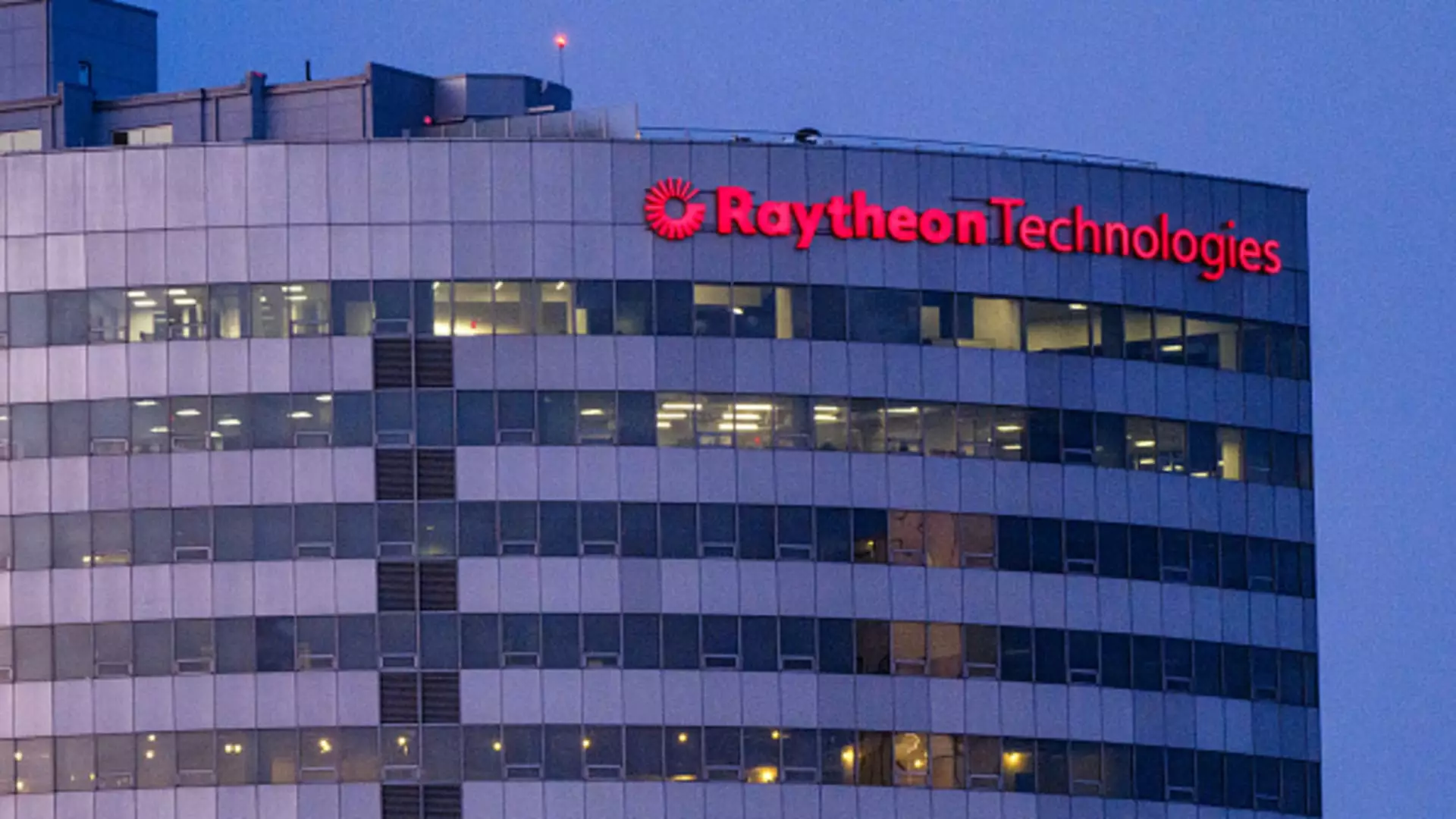In a significant legal resolution, RTX’s subsidiary Raytheon has agreed to pay over $950 million to address investigations led by the U.S. Department of Justice (DOJ). These investigations scrutinized allegations surrounding a government contract fraud scheme, violations of foreign bribery regulations, and breaches of the Arms Export Control Act. In addition to this hefty payment, Raytheon is also obligated to settle claims from the U.S. Securities and Exchange Commission (SEC) amounting to more than $124 million. These allegations linked the firm to corrupt practices, including illicit payments exceeding $32 million to an influential relative of Qatar’s emir and officials within the Qatari military and government in return for securing defense contracts.
The DOJ’s findings underscore serious violations, including a conspiracy to undermine anti-bribery legislations and the failure to disclose these dubious payments in mandatory export licensing applications to the State Department. Furthermore, the company admitted to executing two separate fraudulent schemes related to the Defense Department concerning the sale and service of critical military systems, specifically the Patriot missile systems. This acknowledgement not only bespeaks the gravity of the misconduct but also sheds light on the broader implications concerning national defense procurement processes and transparency.
The settlements require Raytheon to maintain an independent monitor for three years and to enhance its internal compliance mechanisms. This step is indicative of a strategic pivot towards fostering greater accountability within the corporate governance framework of defense contractors, especially those engaged in handling sensitive government contracts.
The revelations and subsequent settlement reflect larger systemic issues within the defense contractor industry, bringing focus to the often opaque nature of military contracting. As Deputy Assistant Attorney General Kevin Driscoll noted, the company’s actions “erode public trust” and have detrimental effects on the Department of Defense, legitimate businesses, and taxpayers. This statement elevates the discourse surrounding corporate ethics, highlighting the essential need for defense contractors not just to follow the letter of the law, but to embody a culture of integrity in all business dealings.
In the wake of such transgressions, it is crucial for not only the implicated companies to enhance their compliance protocols but also for the regulatory bodies to ensure stringent oversight. Without robust regulatory frameworks, the risk of fraud and corruption looms large, ultimately jeopardizing national security interests and public funds.
Moving Forward: The Path to Remediation
The leadership at RTX has expressed a commitment to rectify past misdeeds, asserting that these legal issues pertain to actions taken predominantly before 2020. However, understanding that rectification requires more than just financial settlements is crucial. Ongoing diligence in remediating past misconduct and cultivating ethical operational practices can help restore stakeholder confidence. Companies in the defense sector must proactively work toward transparency and accountability, not only for their advantage but for the welfare of society at large.
The settlement serves as a stark reminder of the potential pitfalls of corporate misconduct in the defense industry. Real change necessitates a cultural shift toward prioritizing ethical business practices and rebuilding trust. As external scrutiny intensifies, firms like Raytheon must adopt comprehensive measures to ensure compliance and prevent future infractions, ultimately safeguarding both public interests and democratic values.


Leave a Reply